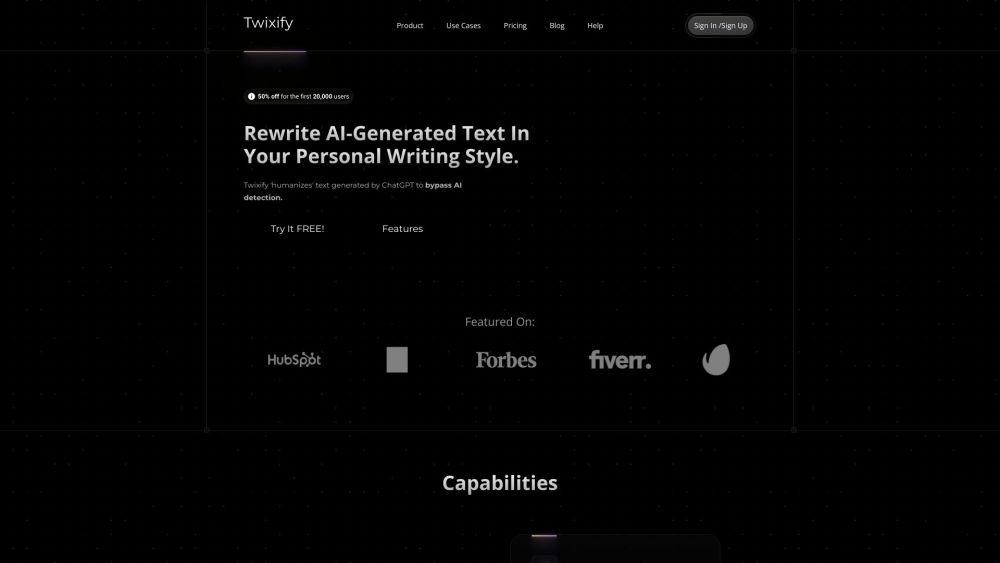Meta Delays Release of Multimodal Llama AI Model in the EU Market
Most people like

Unlock your writing potential with our advanced text rewriting tool designed specifically to align with your unique writing style. Whether you aim to enhance clarity, improve engagement, or refine your content, our tool offers tailored suggestions that cater to your needs. Experience the seamless transformation of your ideas into compelling prose, all while preserving your original meaning. Enhance your writing today!

Welcome to NSFWChatAI.ai, the ultimate AI virtual girlfriend chatbot platform, where you can engage in unrestricted conversations with your virtual companion. Experience the freedom of chatting without limits in a safe and interactive environment!

Junia AI is an innovative platform that leverages advanced artificial intelligence to generate engaging content for blogs, emails, and advertisements.
Find AI tools in YBX
Related Articles
Refresh Articles

